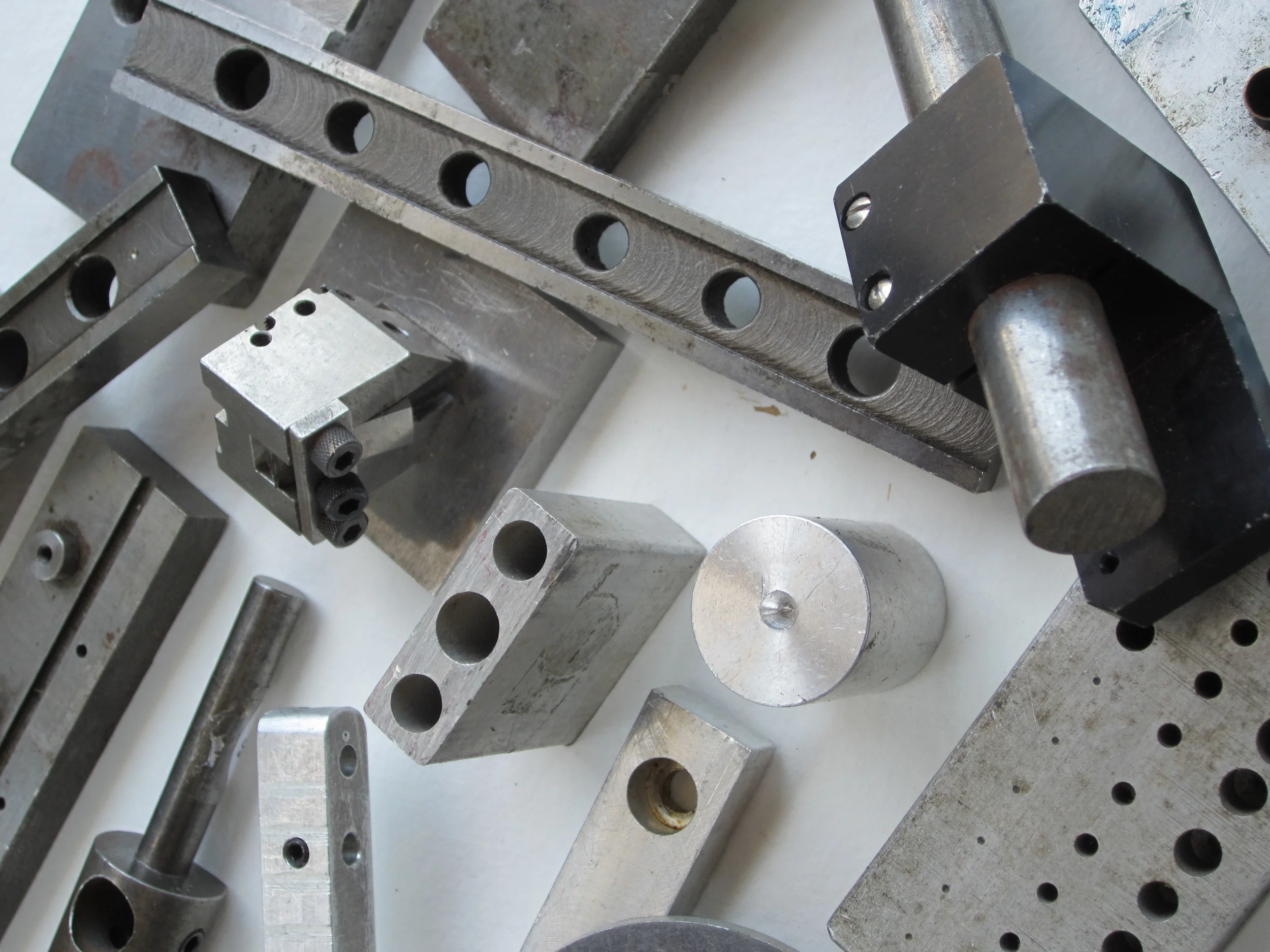Body/Image:
- A startup is working on automatically adjusting optics so that you can focus near, far, or somewhere in the middle - a big problem for a lot of us as we get older and vision deteriorates across the range. Unfortunately it's pretty bulky in it's current form and it may be awhile before it's slim enough to blend in as part of your glasses frame.
Feeding the Future :
- Biodegradable soil sensors offer farmers detailed look at what's happening in their fields without having to worry about accidentally running over expensive equipment in the field - as a (huge) bonus, far less e-waste piling up and spoiling land in general.
- Famous for butter but hungry for more, Land O'Lakes has been investing heavily in precision agriculture over the last several years - including acquiring a French satellite company with the goal of going up against AgTech giants like Monsanto and John Deere.
Machines for Moving:
- Jaybridge Robotics was acquired by Toyota to join their AI team, presumably to work on self-driving cars. General Motors picked up driverless car startup Cruise Automation. Whether incumbent auto makers are going to win the race for truly autonomous (and safe) vehicles instead of Tesla, Google or others remains to be seen - but the auto giants seem to be hedging their bets by buying their way into the bleeding edge and domain knowledge outside of their own. To be sure, a household name will be helpful for convincing the public of the safety and reliability of self-driving, but when the trust is more about the quality of the technology than the quality of the engine, a name synonymous with sedans might lose out to a name synonymous with search.
Building Things:
- A new patent from Ford for capturing engine pollutants via a hydrocarbon absorbent insert molded into a plastic intake duct. It's a novel example of the still largely uncultivated realm of making products and parts work harder for us through piggy-backing material science and location/function.
- Wearable technology that gets into medical device territory is an extremely difficult task - readings have to be perfect in imperfect conditions with a high potential for user error baked in. After $22 million raised to develop a hardware product, numerous staff departures, missed dates for product unveiling, and a CEO change, Quanttus finally unveiled their first product - an app for recording blood pressure, with no hardware at all.

